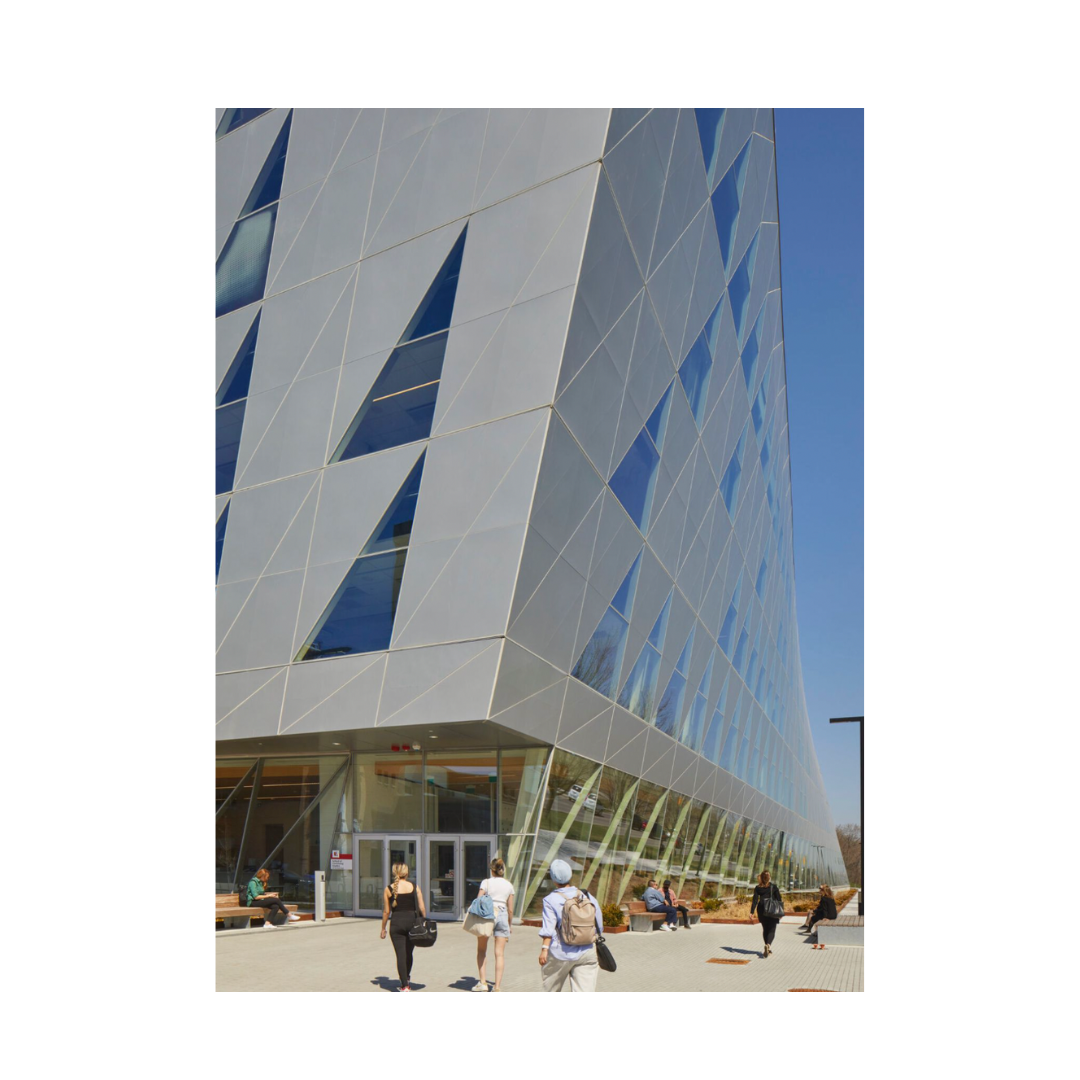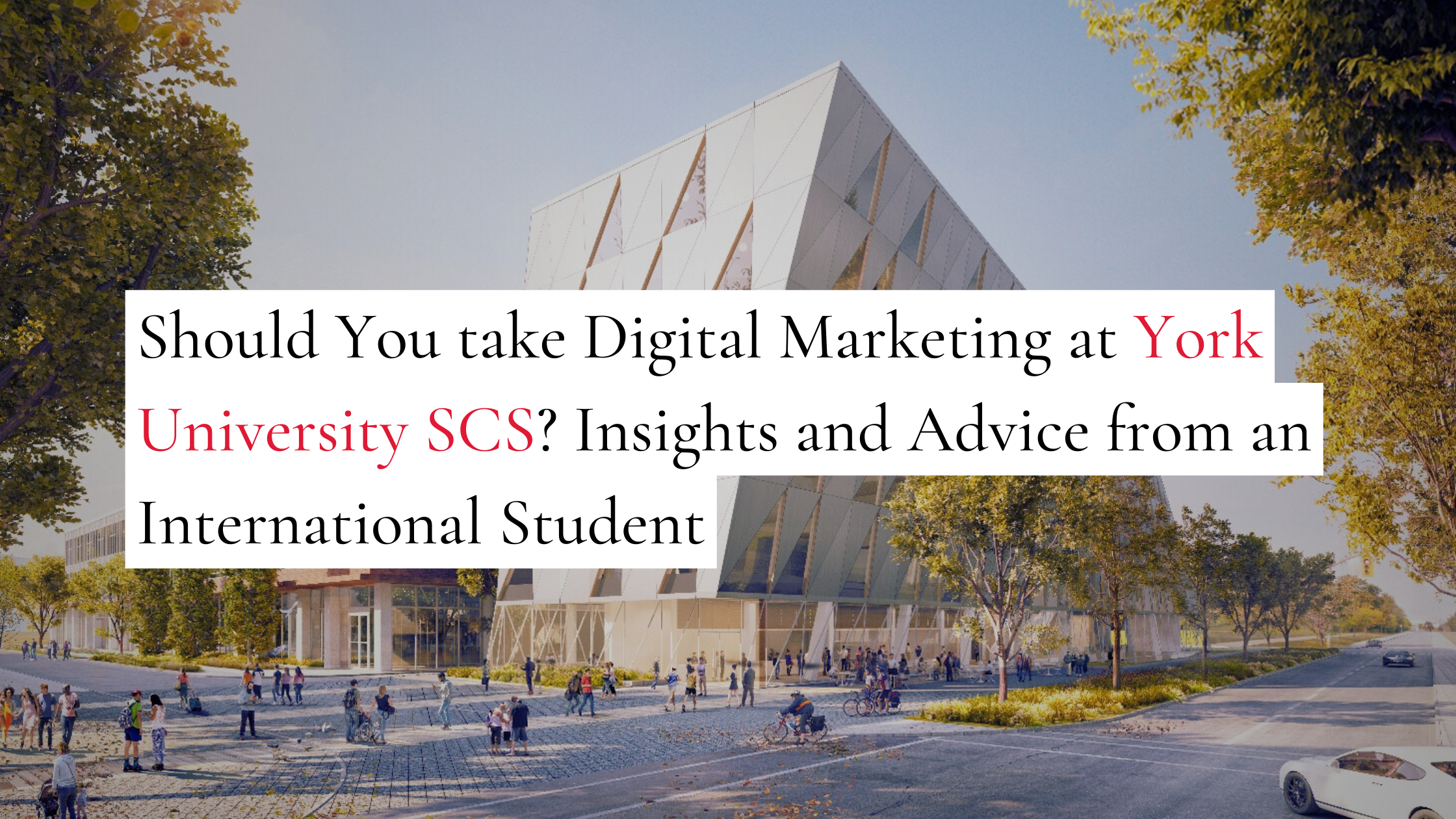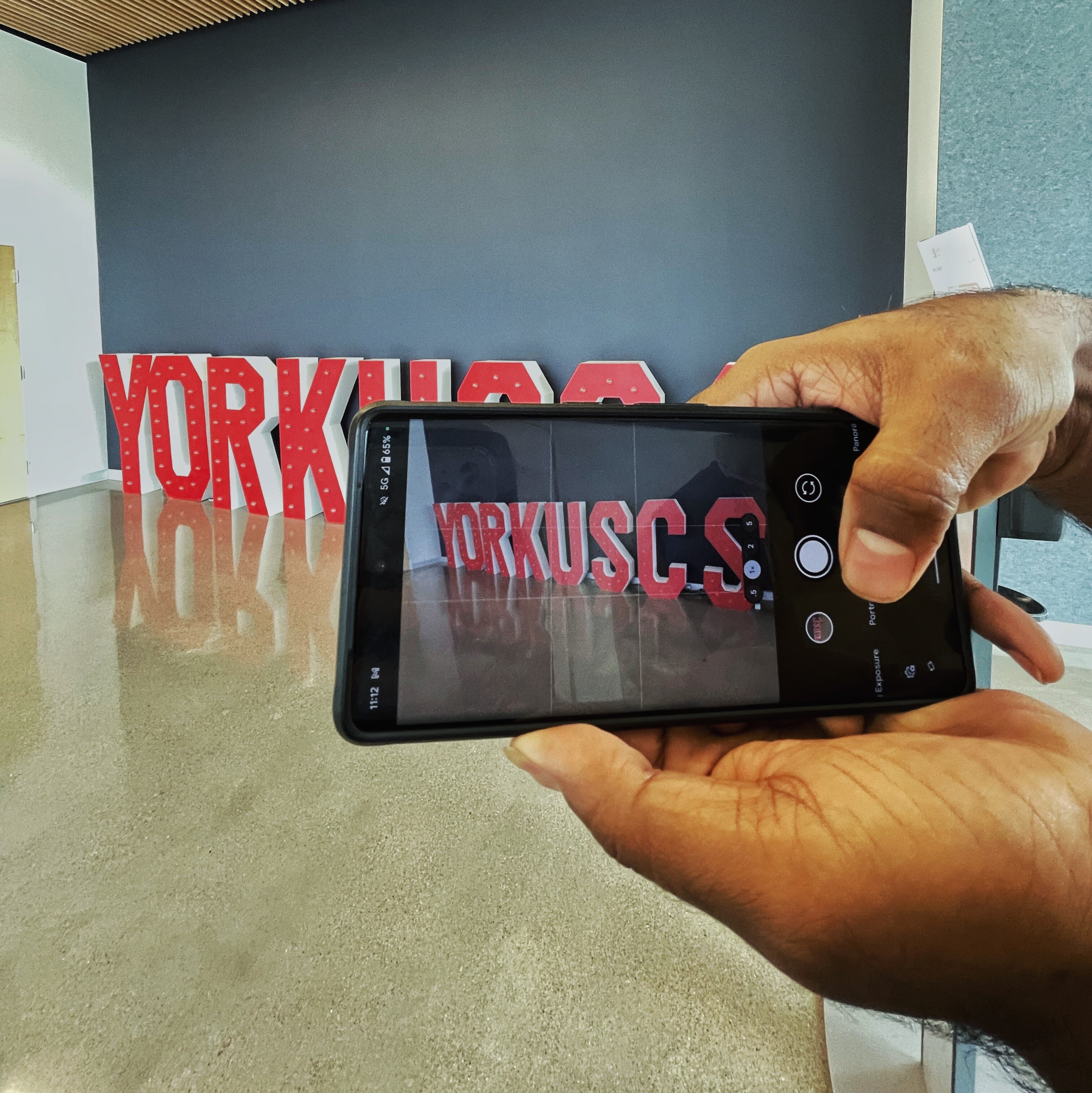An Insider's Perspective of Studying at York School of Continuing Studies

Thinking of Continuing Your Education at a School of Continuing Studies? As someone who has recently completed my postgraduate degree there. The idea of joining a new program and having questions about whether this school would work out for me or not will align with my professional and personal goals. I have to admit, we all are a bit unsure of what to expect.
.png?width=481&height=481&name=Brimston%20(2).png)
When I first came to the York School of Continuing Studies, there were lots of things that were different there. First of all, what kind of surprised me was the structure of the program. We did two subjects in an intensive scheme over six weeks. It was different from traditional semester-long courses, but I grew to like it and felt that it was much better.
The intense focus let me do a deep dive into each subject without any kind of distraction. It was difficult, surely, but it also meant that I could be completely immersed in the material. This approach helped me grasp complex concepts more quickly than I expected. What really stood out was the practicality of the courses. Instead of theory, we worked on projects that were very close to real-world situations. They weren't some academic exercises; they became really valuable additions to my portfolio. My advice to anyone considering this program is: yes, you will have real work samples to show potential employers which is a plus if you are an international student looking to gain Canadian experience.

Industry Connections and Real-World Learning
One of the strong aspects of this program was learning from professors who were engaged in the industry. They didn't teach books; they brought fresh knowledge to the classroom relevant to the time. That made a real difference in understanding how theoretical concepts apply in actual work situations.
We also had a lot of guest lectures by industry leaders. The sessions were very helpful. You get to hear directly from executives and entrepreneurs about challenges and innovations; it makes the learning very relevant. It helped in bridging the gap between classroom learning and industry reality.
These connections to the industry were not only interesting but also invaluable in understanding the current trends and expectations in the job market. For future students, I would use such opportunities to the full by asking questions, having discussions, and trying to connect with professionals. You never know where this might lead and how these connections could help you build a network here.
Finding Balance: Juggling Work, Life, and Learning
Something that resonated with me was the flexibility of the program. For a working student, this was pretty important as students we have to balance our expenses as well. The school offers courses at different times to help serve students best, so I could balance work and private life very easily.
This program structure offered me the opportunity to change over to a different batch if work demands were so necessitated. This is an added advantage for adult learners with many responsibilities.
.png?width=493&height=493&name=Brimston%20(3).png)
Making Challenges Work for You
It wasn't always easy. One challenge was that there wasn't all that much of a traditional campus community. Compared with my undergrad experience, there were very few clubs or events to join. At first, this felt isolating.This became, however, a challenge that turned into an opportunity for growth. I learned to be proactive in making these connections. Reaching out to classmates and professors and even setting up informal meetups. I had another important professional networking lesson learned from this experience: sometimes you have to create your own opportunities for connection and that is what exactly I choose to do.
Another area where I had to take initiative was in career development. The program had limited career services, which initially disappointed me. Again, this pushed me to be more self-reliant. I began attending industry events, joining professional groups on LinkedIn and even found a mentor from a connection through one of our guest lectures. Looking back, this indeed is an excellent practice for the real world. It has taught me to become proactive in managing my career, a quality that has been quite invaluable.
Financial Considerations
Financially, it was more affordable compared to most of the other postgraduate programs. This formed one of the major reasons for joining. However, a minus with the program is that it did not allow a payment plan. All fees had to be given at once.For future students, I would recommend that one plan their finances way ahead. There are no options for payment in installments; therefore, one needs to have the funding ready before beginning. The overall cost is not so bad; however, to pay all at once may be a stretch for some.
Advice for Future Students
From my experience, this is my advice to those who are considering or just about to start this program:
- Embrace the structure of the intensive course. As much as it's challenging, it allows focused learning.
- Use practical assignments to the fullest. Look at these assignments as building your portfolio.
- Engage actively with your professors and guest speakers. They bring industry experience that is of great value. Be proactive in networking. Opportunities aren't going to create themselves.
- Create your career development plan. Go out there and seek help or opportunities beyond the program itself.
- Stay current with the industry. The field keeps on changing, and so being up-to-date definitely shall give you a lead.
- Apply learning to practical areas as much as possible. This will help in reinforcing the skills and making one more attractive to the employers.
- Do financial planning properly, considering the structure of upfront payment.
The experience at York School of Continuing Studies was a good one for me. It was not mere learning but acquiring practical skills and learning the ways of making it through professional life with confidence.
Yes, there were challenges: no built-in community, limited career services, and the need to pay upfront. But within these very challenges lay growth opportunities. They pushed me to be more proactive, self-reliant, and adaptive—crucial skills in today's job market.
To future students, I would say that it is all the pros and cons the programs will offer you at the School of Continuing Studies. But what I can say is that you will be leaving this program with much more than a certificate; you leave with practical skills, industry contacts, and most importantly, increased confidence in your abilities. Yes, it gives you the tools and the knowledge, but make sure you utilize them.
Remember, it's what you make of your educational journey. With the right mindset and approach, the York School of Continuing Studies can be very helpful in your journey Good luck on your journey!


